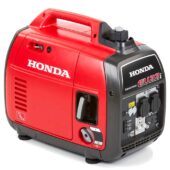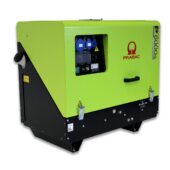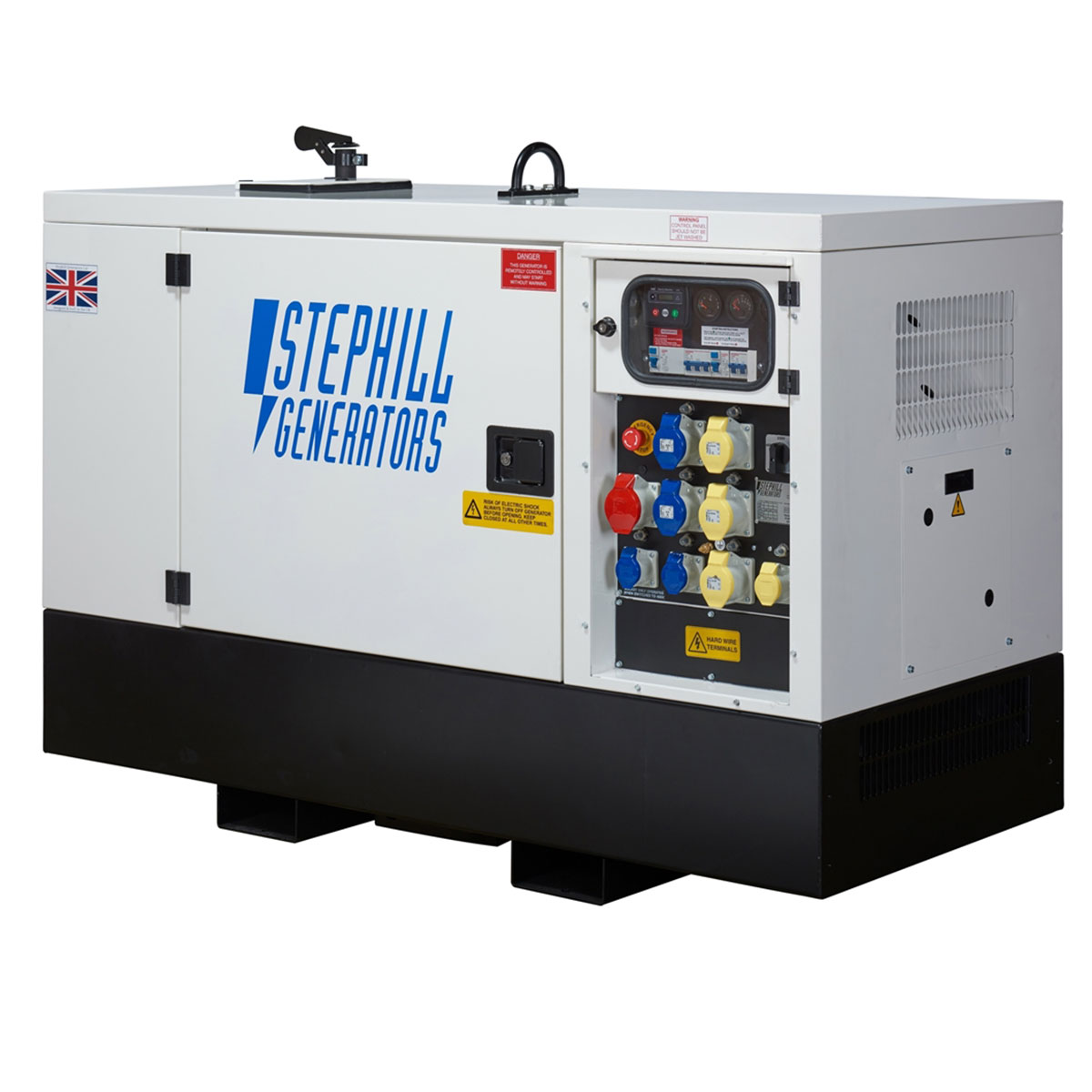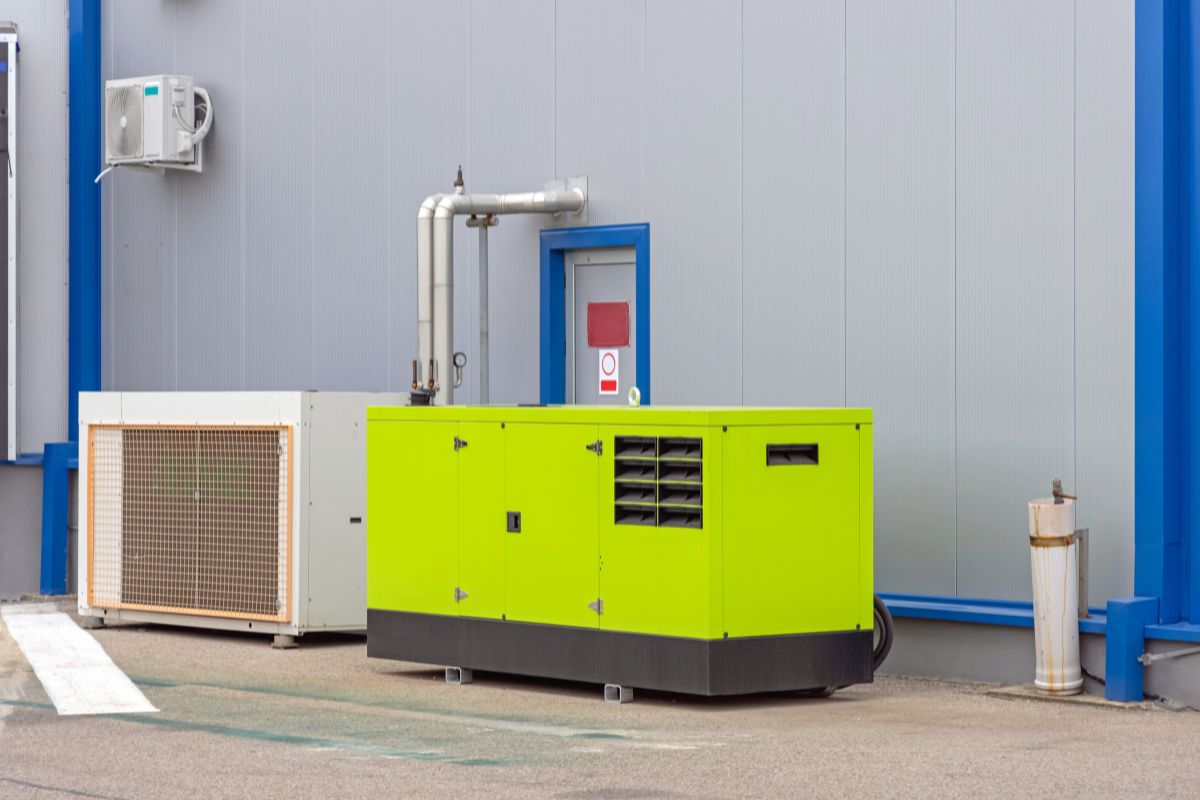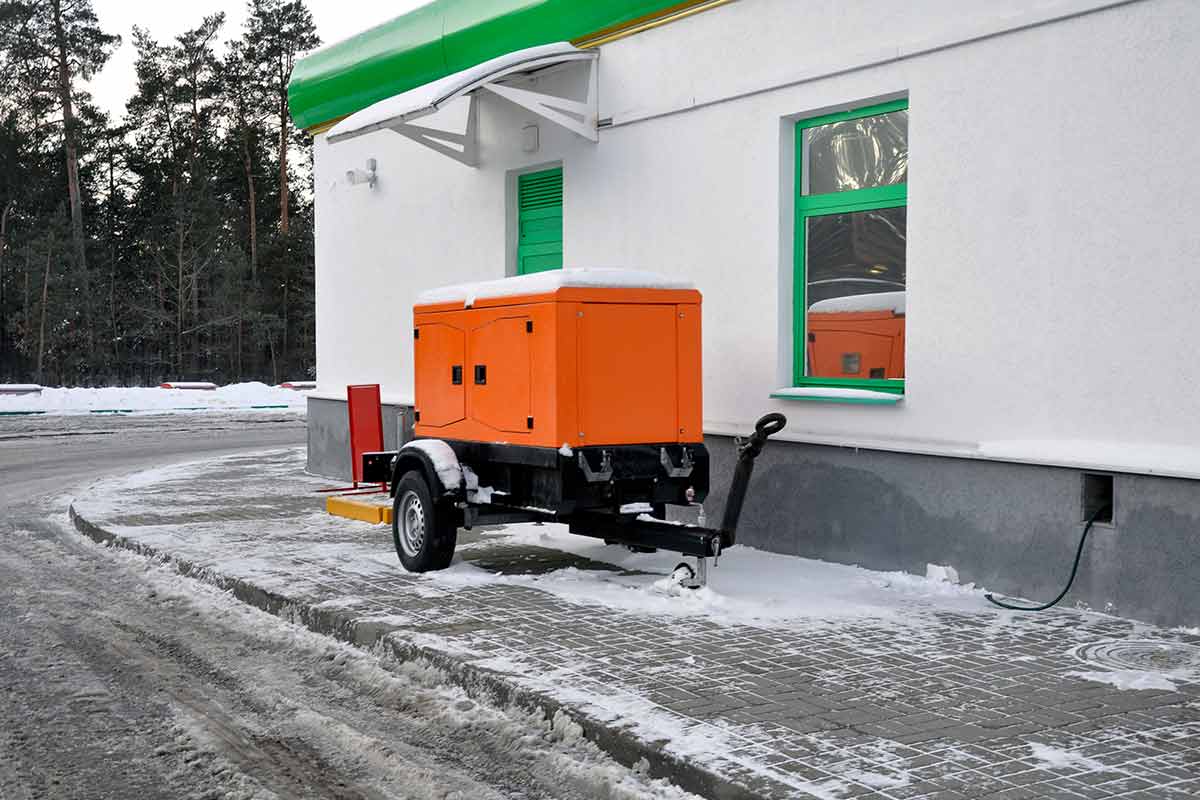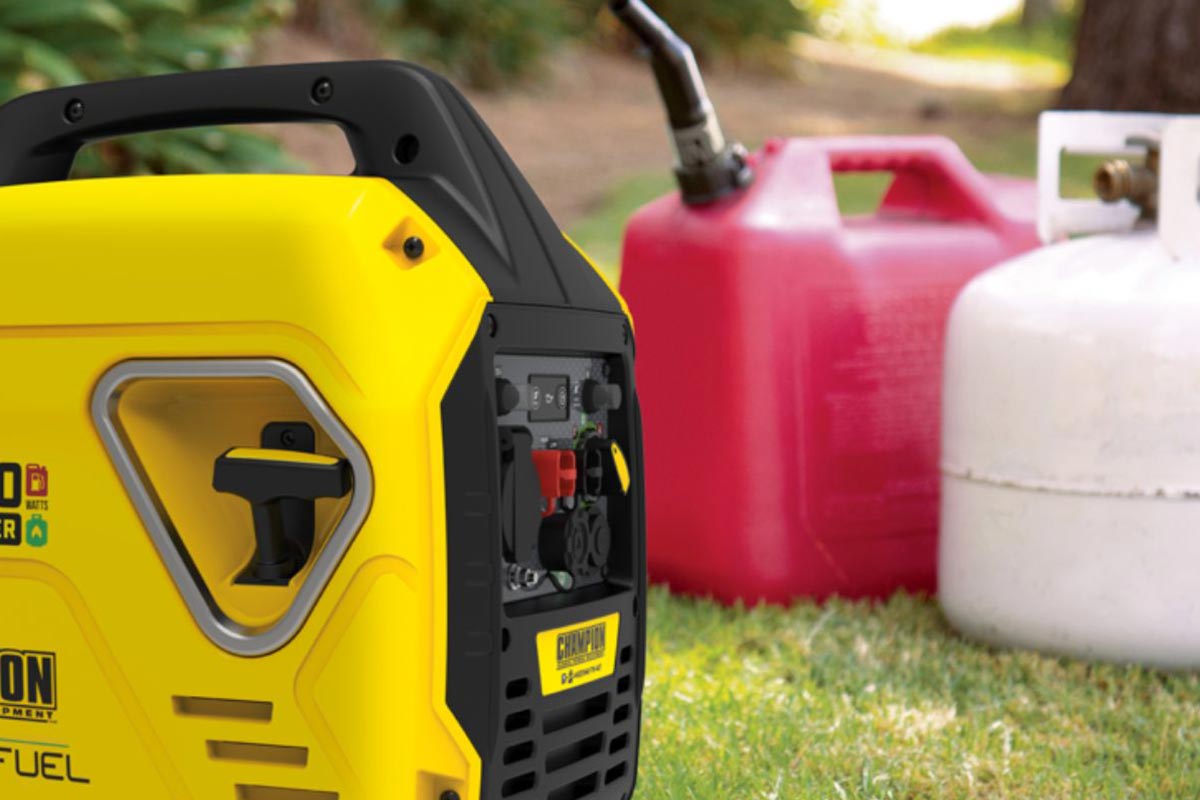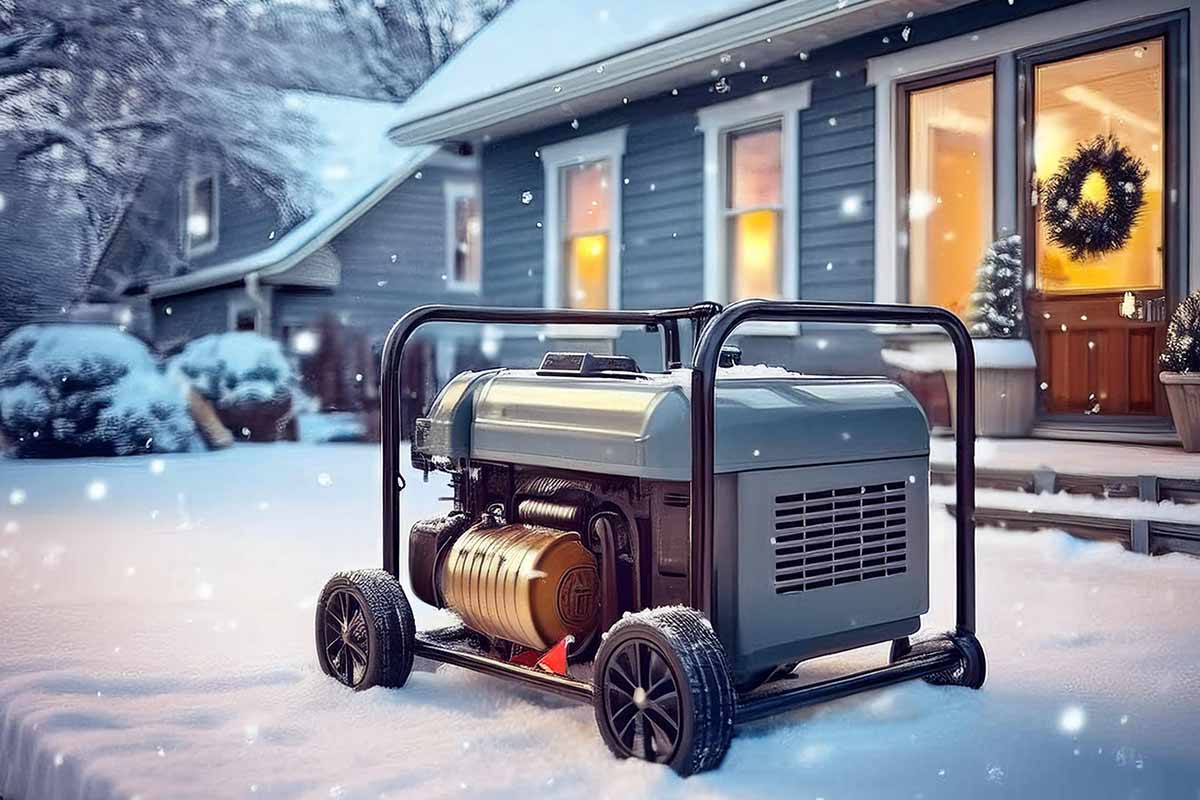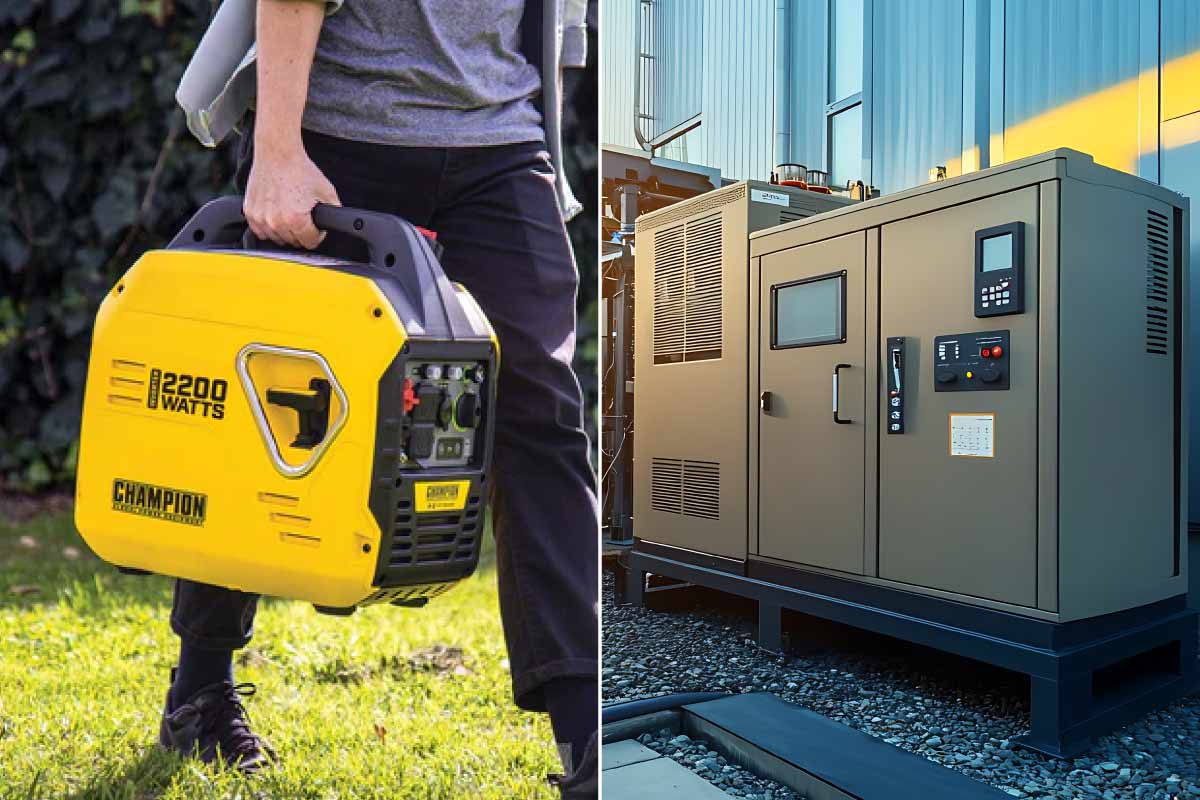How Quiet Are Silent Generators?
June 10, 2025 | Nate Cord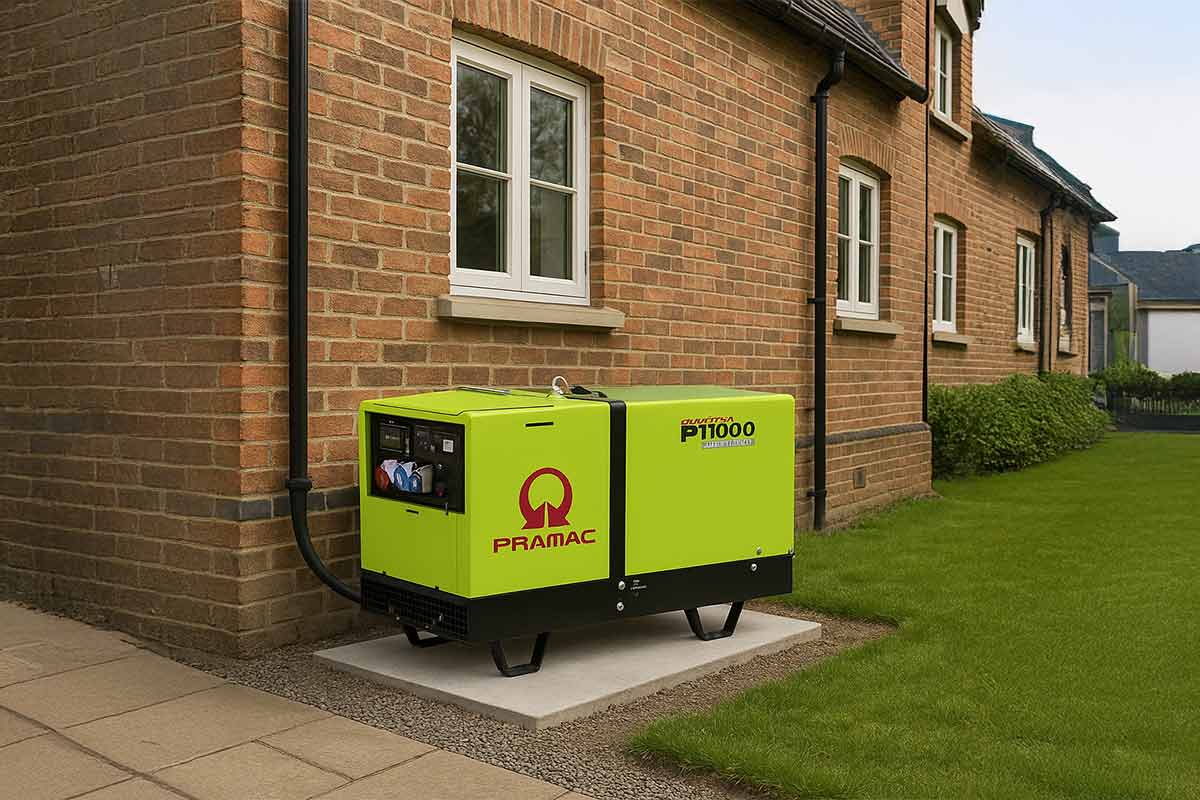
When you think of generators, silent isn’t the word that comes to mind. But did you know that there are silent generators available? That’s right, low-noise generators do exist, often referred to as “silent” or “quiet” generators.
But are these generators actually silent? How much quieter are these models than non-silent ones, and how do these align with the UK regulations around noise levels? In this article, our experts answer this and more of your sound-based generator questions to get you up to speed on what silent generators are, how they compare to non-silent generators, and the regulations and recommendations around using one.
What is a Silent Generator?
A silent generator is designed to operate with minimal noise. Despite the name, most silent generators aren’t 100% silent, but will be much quieter than an open generator — a generator not equipped with sound-damping features. In short, a generator is considered silent if it produces the lowest possible noise level during operation. To reduce noise level, silent generators are often enclosed in a purpose-built enclosure (sometimes referred to as a “canopy” or “housing”) that dampens sound.
Silent generators are thus ideal for quiet environments or noise-restricted zones like hospitals, schools, offices, residential areas, camping, mobile catering or outdoor events.
What is the Difference Between a Silent Generator and a Normal Generator?
The biggest contributors to overall generator noise are the engine and the cooling and exhaust systems, in particular for large generators that produce more power. Generally speaking, the higher the kVA output, the more potential there is for noise.
Silent generators are designed with ventilated acoustic enclosures (thick-walled boxes) to reduce engine and system noise while managing heat and regulating air circulation. The generator’s internal components, such as the engine and alternator, are also positioned to minimise vibration and resonance.
Normal generators, on the other hand, are “open” or have minimal noise protection.
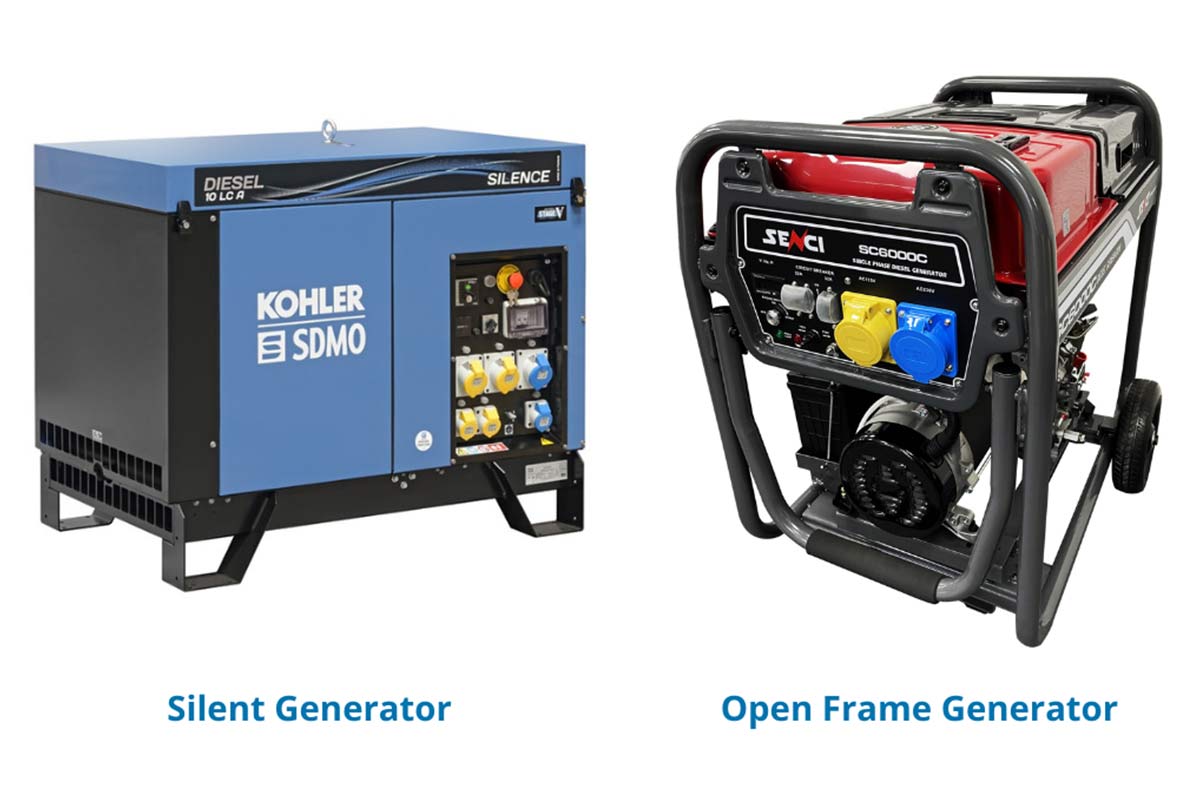
Silent generators do tend to have lower fuel consumption. However, silent generators will often be more expensive upfront, due to their sound-absorbing technology (which open generators do not have). Plus, their additional features can mean more complex and regular maintenance.
For commercial uses where noise isn’t a problem, such as large-scale construction projects or agricultural environments, generators that are not silent may be more practical because of their ability to generate high power. Not sure what generator you need? Check out our Generator Buying and Generator Size guides, or contact our team for more advice.
How Quiet is a Silent Generator?
A silent generator is not 100% silent, but it will operate at a low noise level of around 50-65 decibels (dB), which is around the level of light to moderate rainfall or a normal conversation. This is due to the fact that the enclosures are made from dense, sound-dampening materials, with double walls, internal linings, and sound baffles that trap and absorb the sound waves and vibrations.
This is much lower than the average sound level of a generator, which falls between 65 and 90 decibels (or more) — that’s closer to the level of hairdryers, blenders, power tools, and motorcycles.

What Is a Good Decibel Rating for a Generator?
A “good” decibel rating for a generator depends on the intended use and location. In general, 50-60 decibels is considered quiet for generators, while 70-90 decibels is standard for portable models.
Because inverter generators fluctuate their power output as required (unlike a conventional generator that will run at constant speed), inverter generators tend to be quieter and more efficient than “regular” generators, making them a good choice for a low-decibel generator.
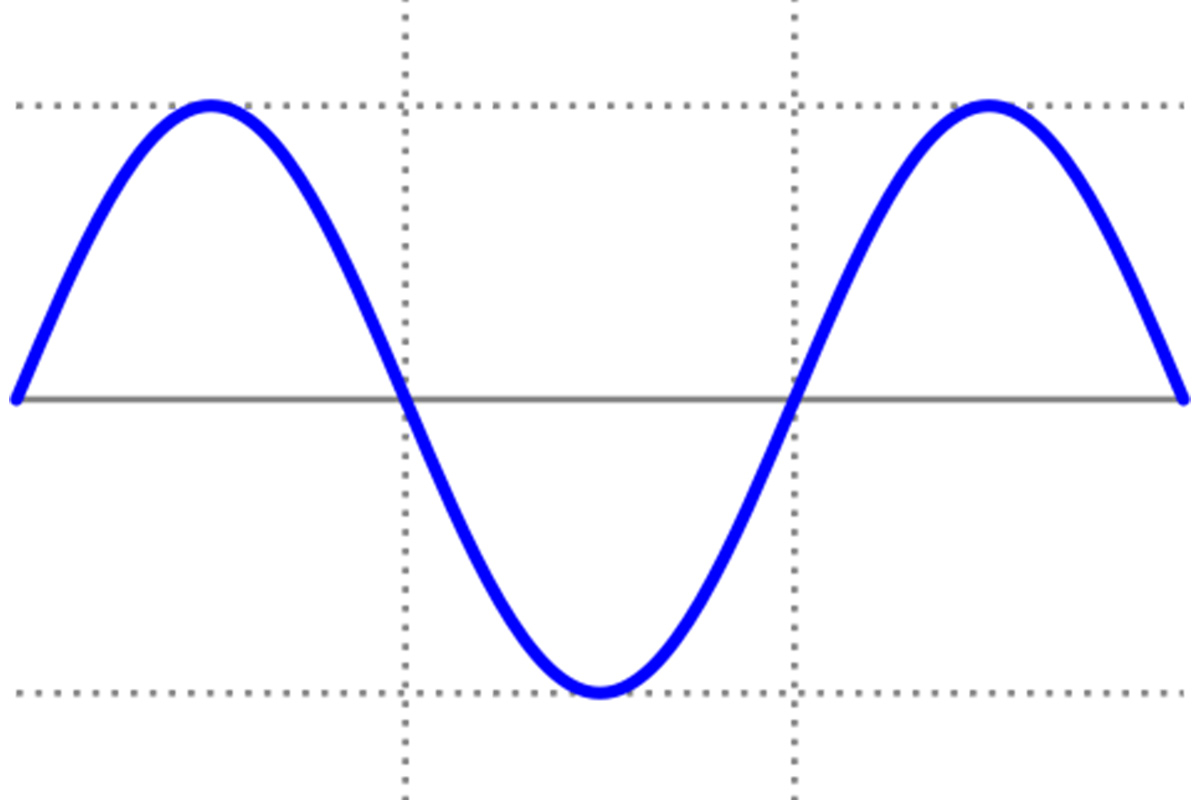
However, not all inverters are “silent” generators. Inverter generators usually have lower power capacities than silent diesel models and are less suited to heavy-duty or long-duration use, for example.
Your best bet is to invest in a generator that is sold as silent but has adequate output – check that the decibel levels match your preferred noise level, and that the output is enough for your use. As touched on above, one of the trade-offs for a lower noise level is the price; silent generators do tend to be more expensive, so be prepared to part ways with a few more pennies.
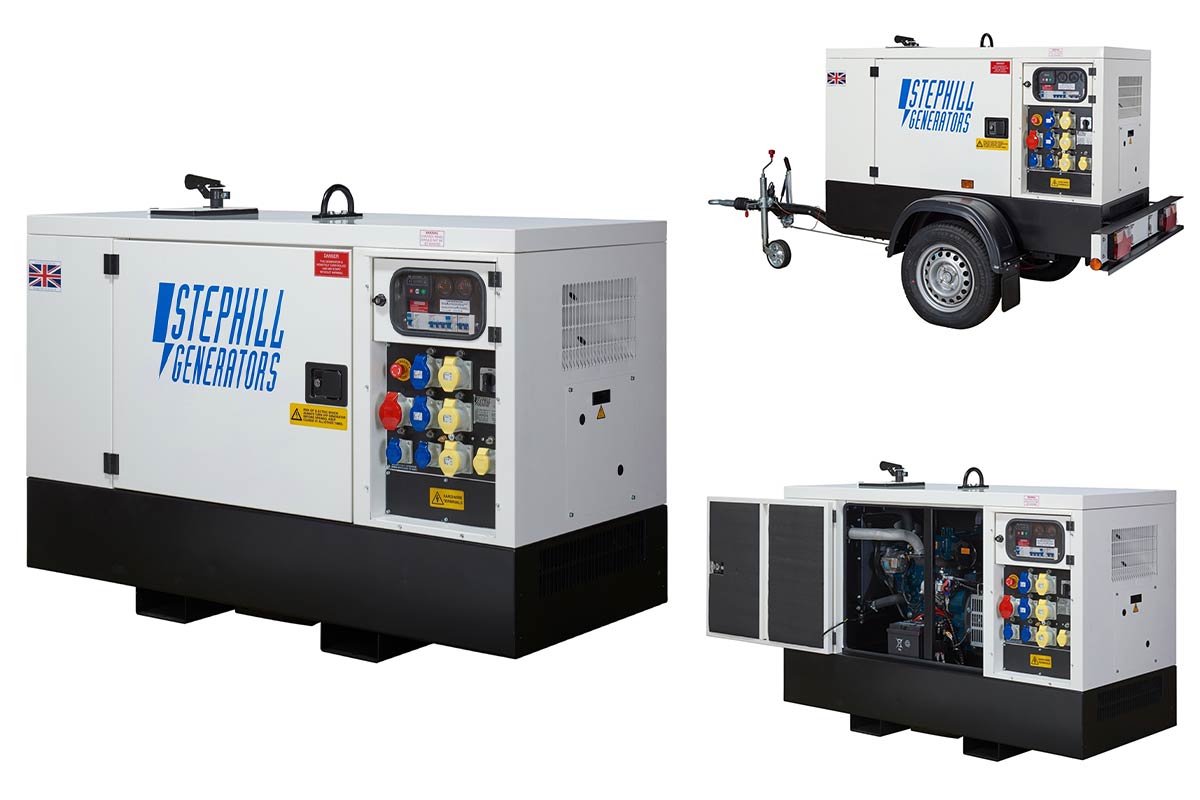
If your generator is too loud, there are ways to make it quieter through better positioning, vibration pads, or regular maintenance to fix noisy parts. Find out more in our article.
Our Recommendations
The quietest generators available on the market are..
1. Honda EU22i Petrol Inverter Generator (as low as 52dB(A) at 7 metres).
Compact, lightweight and ultra-quiet, the Honda EU22i Inverter Suitcase Generator provides super clean power in the remotest of locations. These portable and fuel-efficient generators have acoustically insulated casings and also an advanced exhaust muffler system to reduce operational noise to a comfortable level.

Weight is kept to a minimum by using ultra-lightweight materials such as magnesium.
2. Pramac P6000S Diesel Generator (as low as 56dB(A) at 7 metres).
Designed for professional and intensive use, this Pramac generator is capable of spending its lifetime supplying power to sites and demanding applications while keeping noise to an absolute minimum.
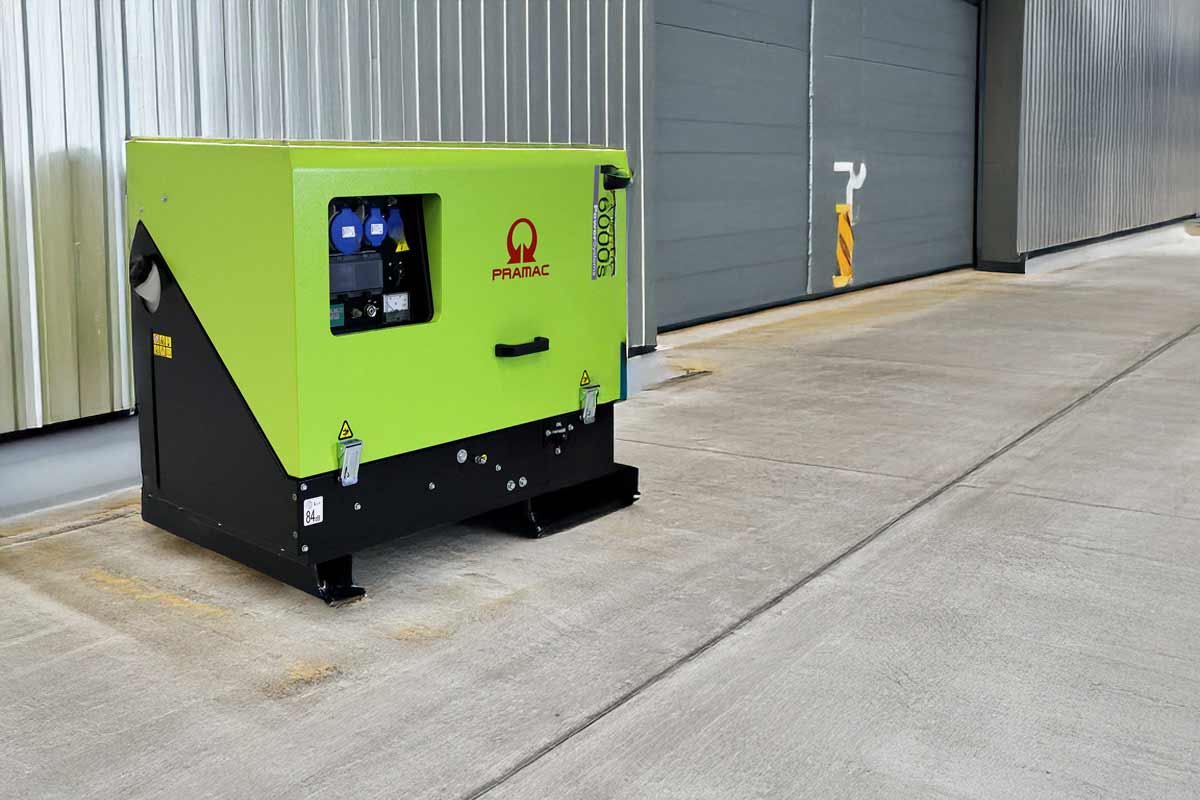
3. Stephill SSDK12M Diesel Generator (as low as 59dB(A) at 7 metres).
Super silent with close-fitting acoustic cabinets with low noise level, complete with large access doors for ease of maintenance. All cabinets are made from Zintec steel to protect against corrosion.
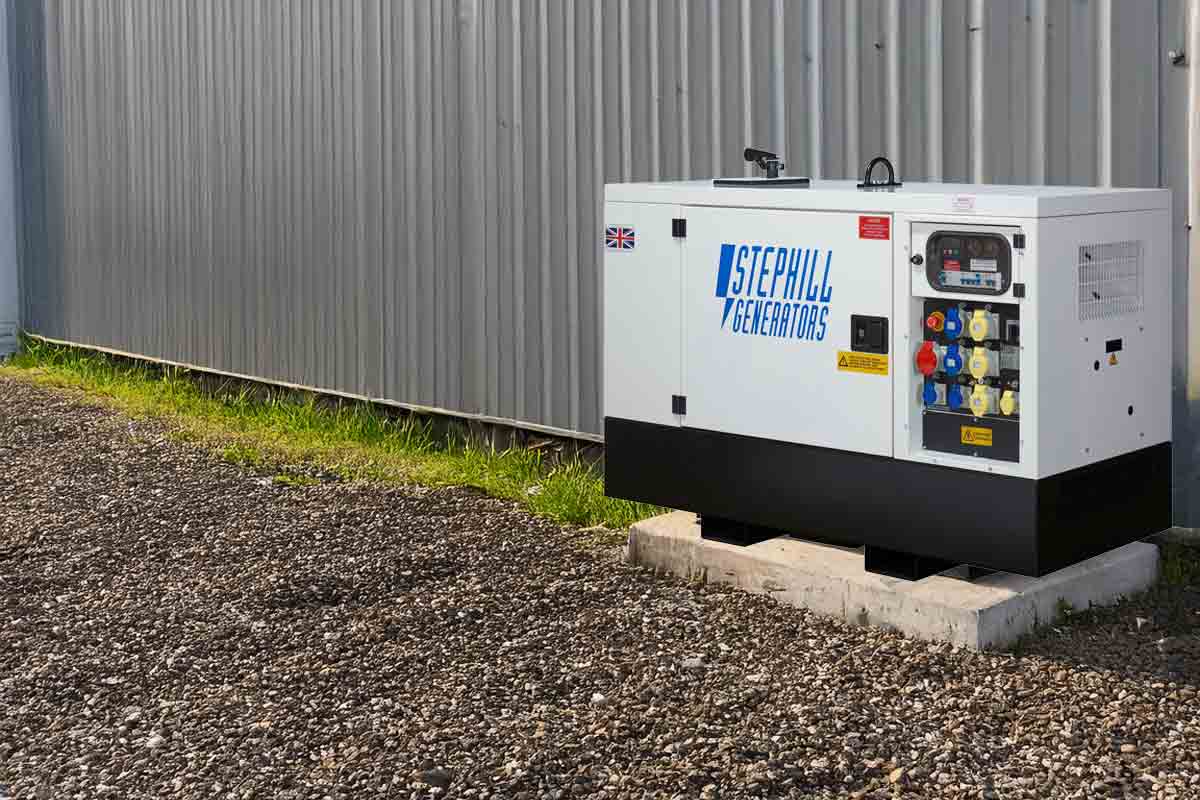
What Are the Noise Laws for Generators in the UK?
In the United Kingdom, noise regulations are overseen by multiple authorities. But as a general rule of thumb, for generators used in residential and commercial areas, noise should not exceed the background noise level by more than 10 decibels. At night (11 pm to 7 am), the noise from generators should not exceed the background noise level at all.
Specific or additional limits can vary depending on the location of your generator.
It’s also important to consider regulations surrounding emissions, particularly for diesel models, which must meet EU Stage V or equivalent standards.
Do you have another question or require additional advice? Check out our other blog posts on generators, or don’t hesitate to get in contact with our experts using this form or via phone at +441639849847.
Looking for a quality generator? At Generators Direct, we offer a range of single and three-phase generators, power stations and power banks for your specific needs. All of our products are manufactured, tested and certified to industry standards and come with a price promise – you won’t find prices cheaper anywhere on the web, but if you do, we’ll match them. In addition to this, all orders come with free mainland UK shipping and after-sales support from our experts.
Be the first to know the latest industry news and offers
